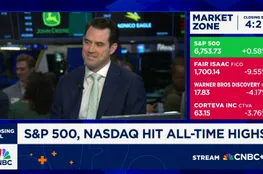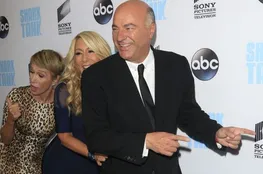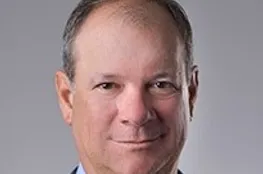CVS Health faces a pivotal moment as CEO Karen Lynch resigns amid significant challenges, notably a 19% decline in stock value this year. Lynch, who assumed the CEO role in 2021, is succeeded by David Joyner. Joyner brings extensive experience from his previous leadership of CVS Caremark, the company’s pharmacy benefits management (PBM) division. This change in leadership comes on the heels of multiple financial setbacks for CVS, highlighted by missed earnings targets and escalating medical costs, particularly impacting its Medicare Advantage offerings.
The company has revised its earnings forecasts downward three times this year. Most recently, CVS warned of third-quarter earnings falling well below expectations, leading to a nearly 10% drop in stock price to $57.40. The challenges are compounded by increased Medicare Advantage claims costs, weighing heavily on the company’s profitability. Despite earlier analyst predictions of $1.69 per share for the third quarter, CVS now anticipates earnings between $1.05 and $1.10 per share.
Compounding these financial pressures are declining quality ratings for CVS’s Medicare Advantage plans and continued hurdles in Medicaid coverage across several states. CVS also battles intensifying competition from online retailers and other health services, which has further strained its retail operations. Additionally, the company faces pressure from Glenview Capital Management, a stakeholder hedge fund advocating for improved governance and efficiency at CVS, with calls for strategic improvements.
David Joyner’s 37 years in healthcare and pharmacy benefits are seen as critical during this transition. His previous tenure at CVS Caremark provides him with deep understanding of the PBM sector, which serves nearly 90 million members. Roger Farah, designated as executive chairman, expressed confidence in Joyner’s ability to address CVS’s current challenges effectively.
Lynch’s leadership commenced during the pandemic, a period marked by a boost in CVS’s revenues due to COVID-19 vaccinations. She spearheaded initiatives to expand CVS’s healthcare services, highlighted by the $8 billion acquisition of Signify Health and the $10.6 billion purchase of Oak Street Health, a Medicare-focused clinic network. Nonetheless, financial issues persisted, with rising costs in the Aetna insurance segment and reduced retail foot traffic concerning investors. Since Lynch’s appointment, CVS stock has depreciated by about 10%.
As Joyner takes the helm, his immediate focus will be stabilizing CVS’s financial health and managing the surging costs within its insurance and retail domains. The imminent third-quarter earnings report, scheduled for November 6, will be pivotal in outlining CVS’s strategic direction amidst a shifting healthcare landscape. With hedge funds and market analysts closely monitoring developments, Joyner must confront the issues leading to CVS’s diminished earnings and rising medical expenses.
Lynch’s exit reduces the number of female CEOs in the S&P 500 to 45, underscoring the ongoing gender disparity in senior corporate leadership, where women represent just 9% of top executives, as reported by Equilar.
























